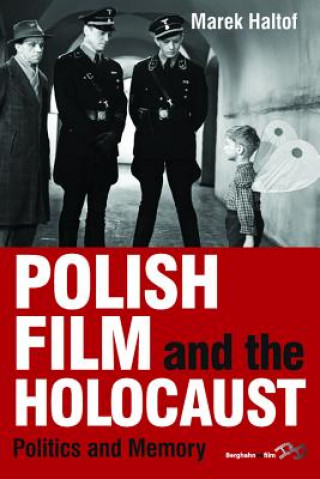
Code: 04428520
Polish Film and the Holocaust
by Marek Haltof
...the author has identified a significant and little examined subject for study, and displays a deep knowledge of it...Where previously the issue of Polish film and the Holocaust had been addressed in single articles or chapters ... more
- Language:
 English
English - Binding: Hardback
- Number of pages: 288
Publisher: Berghahn Books, 2012
- More about this

722.61 zł

Low in stock at our supplier
Shipping in 10 - 14 days
Potřebujete více kusů?Máte-li zájem o více kusů, prověřte, prosím, nejprve dostupnost titulu na naši zákaznické podpoře.
Add to wishlist
You might also like
-
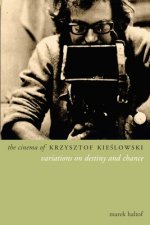
Cinema of Krzysztof Kieslowski
123.46 zł -
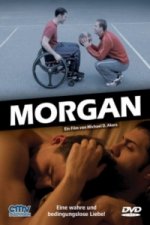
Morgan, 1 DVD (englisches OmU)
106.36 zł -

Inspired by the Psalms
50.39 zł -

Fake News: Separating Truth from Fiction
173.66 zł -

Disasters
175.38 zł -

Stiffness Evaluation of Structural Round Timber Beams via FEM
224.37 zł -4 %
Give this book as a present today
- Order book and choose Gift Order.
- We will send you book gift voucher at once. You can give it out to anyone.
- Book will be send to donee, nothing more to care about.
More about Polish Film and the Holocaust
You get 419 loyalty points
 Book synopsis
Book synopsis
...the author has identified a significant and little examined subject for study, and displays a deep knowledge of it...Where previously the issue of Polish film and the Holocaust had been addressed in single articles or chapters on the depiction of the Holocaust in particular films, here, for the first time we have a history. Jeremy Hicks, University of London During World War II Poland lost more than six million people, including about three million Polish Jews who perished in the ghettos and extermination camps built by Nazi Germany in occupied Polish territories. This book is the first to address the representation of the Holocaust in Polish film and does so through a detailed treatment of several films, which the author frames in relation to the political, ideological, and cultural contexts of the times in which they were created. Following the chronological development of Polish Holocaust films, the book begins with two early classics: Wanda Jakubowska's The Last Stage (1948) and Aleksander Ford's Border Street (1949), and next explores the Polish School period, represented by Andrzej Wajda's A Generation (1955) and Andrzej Munk's The Passenger (1963). Between 1965 and 1980 there was an "organized silence" regarding sensitive Polish-Jewish relations resulting in only a few relevant films until the return of democracy in 1989 when an increasing number were made, among them Krzysztof Kieslowski's Decalogue 8 (1988), Andrzej Wajda's Korczak (1990), Jan Jakub Kolski's Keep Away from the Window (2000), and Roman Polanski's The Pianist (2002). An important contribution to film studies, this book has wider relevance in addressing the issue of Poland's national memory. Marek Haltof is Professor at Northern Michigan University in Marquette. His recent books include the Historical Dictionary of Polish Cinema (2007), Australian Cinema: The Screen Construction of Australia (in Polish, 2005), The Cinema of Krzysztof Kieslowski: Variations on Destiny and Chance (2004), and Polish National Cinema (2002).
 Book details
Book details
Book category Books in English Humanities History History: specific events & topics
722.61 zł
- Full title: Polish Film and the Holocaust
- Author: Marek Haltof
- Language:
 English
English - Binding: Hardback
- Number of pages: 288
- EAN: 9780857453563
- ISBN: 0857453564
- ID: 04428520
- Publisher: Berghahn Books
- Weight: 520 g
- Dimensions: 233 × 188 × 20 mm
- Date of publishing: 01. January 2012
Trending among others
-
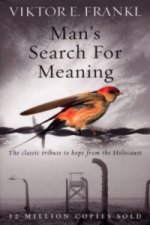
Man's Search for Meaning
31.36 zł -3 % -
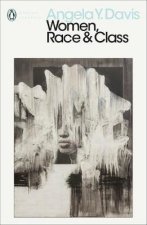
Women, Race & Class
47.46 zł -14 % -
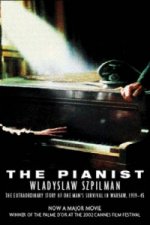
Pianist
48.06 zł -22 % -
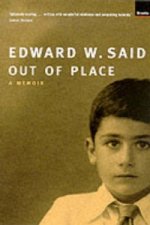
Out Of Place
52.21 zł -23 % -
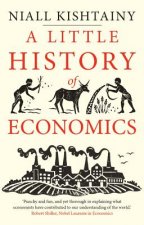
Little History of Economics
64.66 zł -6 % -
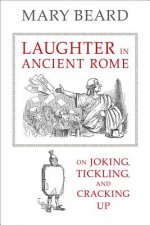
Laughter in Ancient Rome
86.42 zł -11 % -
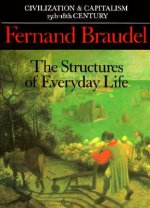
Civilization and Capitalism, 15th-18th Century
281.85 zł -
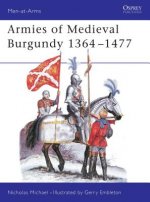
Armies of Medieval Burgundy 1364-1477
68.10 zł -15 % -
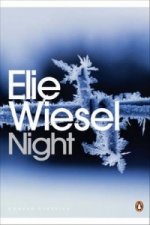
Night
43.10 zł -23 % -
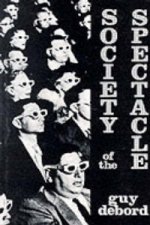
Society of the Spectacle
50.19 zł -
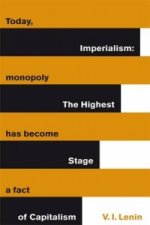
Imperialism: The Highest Stage of Capitalism
33.79 zł -23 % -
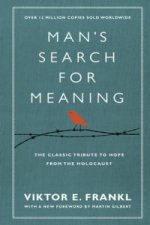
Man's Search For Meaning
70.73 zł -23 % -
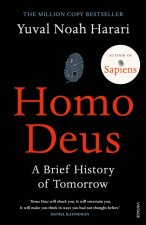
Homo Deus
50.70 zł -26 % -
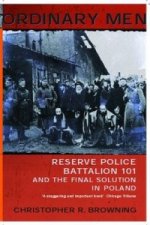
Ordinary Men
52.62 zł -15 % -
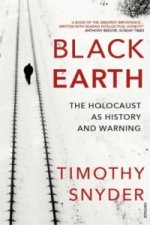
Black Earth
61.52 zł -15 % -
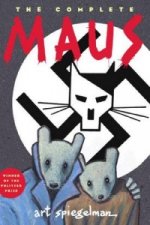
The Complete MAUS
63.24 zł -26 % -
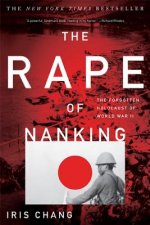
The Rape of Nanking
79.64 zł -13 % -
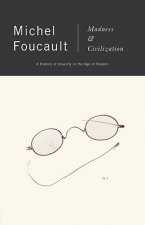
Madness and Civilization
72.25 zł -13 % -
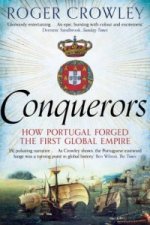
Conquerors
52.62 zł -15 % -
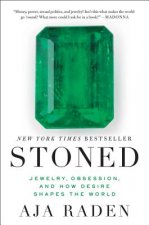
Stoned
47.56 zł -23 % -
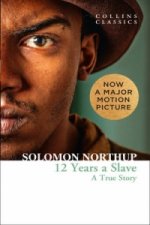
Twelve Years a Slave
15.47 zł -23 % -

At Home
52.21 zł -23 % -
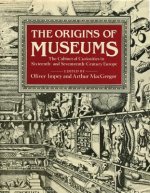
Origins of Museums
281.85 zł -6 % -
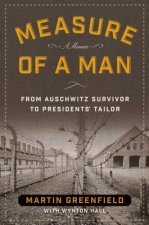
Measure of a Man
45.03 zł -26 % -
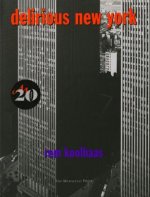
Delirious New York
144.21 zł -6 % -
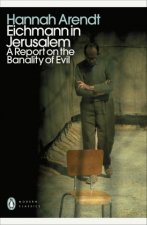
Eichmann in Jerusalem
52.21 zł -23 % -
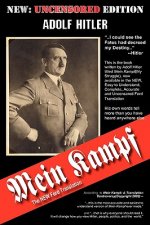
Mein Kampf - The Ford Translation
169.92 zł -2 % -
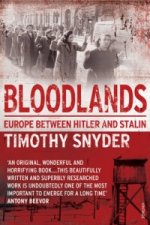
Bloodlands
61.52 zł -15 % -

Guns, Germs and Steel
61.52 zł -15 % -

Cold War Submarines
183.38 zł -6 % -
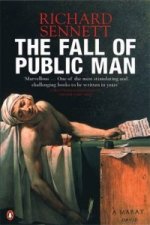
Fall of Public Man
70.73 zł -23 % -
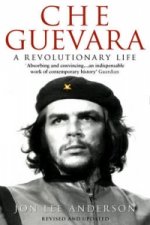
Che Guevara
93.81 zł -23 % -
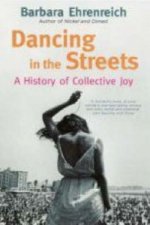
Dancing In The Streets
52.21 zł -23 % -

Fix the Pumps
72.25 zł -7 % -
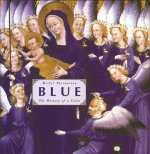
Blue
163.64 zł -6 % -
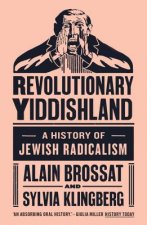
Revolutionary Yiddishland
57.98 zł -14 % -
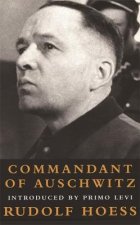
Commandant Of Auschwitz
52.21 zł -23 % -
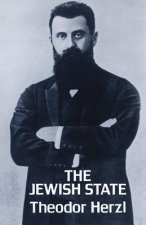
Jewish State
49.88 zł -4 % -
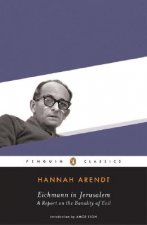
Eichmann in Jerusalem
73.97 zł -11 % -
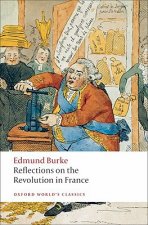
Reflections on the Revolution in France
43.10 zł -23 % -
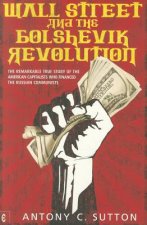
Wall Street and the Bolshevik Revolution
61.52 zł -23 % -

Corgi Toys
70.23 zł -10 % -
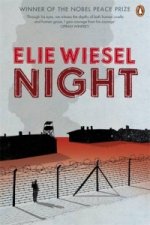
Night
47.56 zł -23 % -
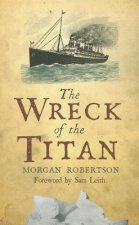
Wreck of the Titan
64.46 zł -7 % -
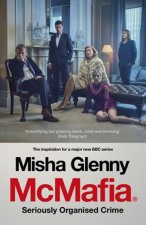
McMafia
52.21 zł -23 % -
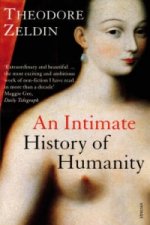
Intimate History of Humanity
61.52 zł -23 % -
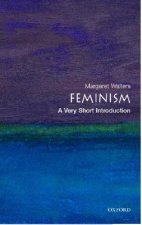
Feminism: A Very Short Introduction
43.10 zł -23 % -
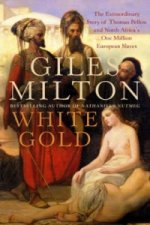
White Gold
61.52 zł -23 % -
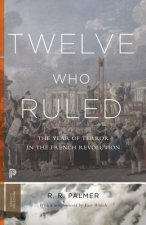
Twelve Who Ruled
112.43 zł -7 %
safisfied customers
Since 2008, we have served long line of book lovers, but each of them was always on the first place.
Copyright! ©2008-24 libristo.pl All rights reservedPrivacyPoučení o cookies


 21 million books
21 million books Delivery 12.99 zł
Delivery 12.99 zł (32) 444 93 66 (8-15.30h)
(32) 444 93 66 (8-15.30h)